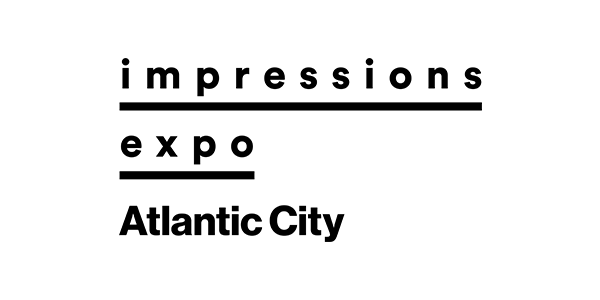Stuart McKown doesn’t have a long history in the decorated-apparel industry. In fact, he was in a different industry during the country’s most recent economic recession in 2008.
As a result, McKown closed his construction business 10 years ago, which led to a new career path. As the story goes, an investor made him aware of a running-shorts supplier that was available for sale. The company closed, but as McKown was sorting through some printed T-shirts in its warehouse one day, he met the screen printer responsible for decorating them.
“I didn’t know, at the time, what a printed T-shirt was,” recalls McKown, who now is president of Tampa, Florida-based Hitmaster Graphics says. “I met the printer, toured his facility and liked the process of a shirt being printed.”
It’s probably more accurate to say McKown fell in love with the process. It also didn’t hurt that he has somewhat of a fascination with machinery. His father-in-law once owned a cigar-rolling company, and McKown found the machines that were used interesting. He says he holds textile-printing machinery in the same regard.
McKown also sees decorated apparel as a “recession-proof” industry. After all, people may not buy homes during an economic downturn, but the T-shirt-printing business seems to be resilient in such dire times.
“People don’t quit buying shirts for churches, schools, teams and organizations,” he says. “As we sold off the running shorts and printed shirts, we knew of a few needs in the community. We found a shop that was closing down and bought it.”
The purchase included a Brown Mfg. six-color screen-printing press, which allowed McKown to begin in-house printing. About a year later, Hitmaster purchased its first automatic press and has seen steady progress ever since.
One for the Money
Perhaps a unique reason for Hitmaster’s success is its solid foundation in finance. McKown met the company’s rapid growth with personnel capable of executing sound financial planning and strategy. This included his son, Brant, who attended Cornell University and the University of Florida, and attained a law degree before joining the company. McKown’s wife, Lynette, once served as chief financial officer of a $40 million nonprofit organization, so tabbing her as the company’s accountant proved prudent.
McKown and his team even had an ordering and fulfillment system built specifically to accommodate the garment-decorating world’s specialized processes.
“Our order-management system allows a broker to log in, see an order in the system, know within hours of its arrival, and see it marked as completed,” McKown says. “Brokers appreciate knowing when an order has shipped and the tracking number for the order.”
Since its founding in 2008, Hitmaster has steadily evolved. McKown started with contracts already in place, adding brokers and expanding the business via word of mouth. Screen printing was the first decorating method offered, with transfers and embroidery added by 2010. Retail sales originally were the focus, but McKown and his team gradually have veered toward contract decorating.
Production equipment includes M&R Challenger, Sportsman and Gauntlet screen-printing presses; SWF multihead embroidery machines; and a Kornit Avalanche 1000 direct-to-garment (DTG) printer.
Services offered include discharge, water-based and four-color process printing on light garments; nine-color, simulated-process printing on dark garments; high-density and reflective printing; special-effects printing, such as glitters, metallics and puff; embroidery; and DTG printing. In-house art services also are offered.
Finding Good Help
McKown says finding dependable employees has been his greatest challenge. After all, hiring just anyone — experienced or not — looking for work proved not to be the best way to find press operators. However, as the company has grown, it has attracted experienced prospective employees who, upon being hired, are trained by two of the company’s best press operators. This helps to eliminate and avoid bad habits on the shop floor.
McKown also says the hard-working local Cuban community has positively impacted his ability to hire and retain good employees, most of whom hear about the company via word of mouth.
For years, Hitmaster ran three shifts. Because of an emphasis on efficiency, the company has scaled back to one busy shift, with two employees stationed at each of its six screen-printing presses. With looming growth potential, McKown thinks the company could add a second shift.
“We work extremely hard to stay competitive in the industry by investing in the newest technology,” he says. “We have [an] automatic screen coating [machine], as well as direct-to-screen equipment, which enables us to produce screens faster and with less cost.”
#PrinterGoals
Hitmaster is in the process of upgrading its website, an important development because it’s the portal through which most brokers find the company. Email marketing also is a frequently used tool.
The following tried-and-true methods work well for McKown’s business: Provide quality printing with a fast turnaround. Stand behind the work and offer competitive pricing. If a mistake is made, replace the garment — no questions asked.
McKown says the company’s short-term goals are to perfect the production process to make it as efficient as possible. In the longer term, he plans to open four more locations around the country to better accommodate national accounts. These new locations will strategically place Hitmaster within a one-day shipping proximity to most of its customers.
Jennifer Morrell is an award-winning writer who has written for a number of national consumer and trade publications. For more information or to comment on this article, email Jennifer at
[email protected].





